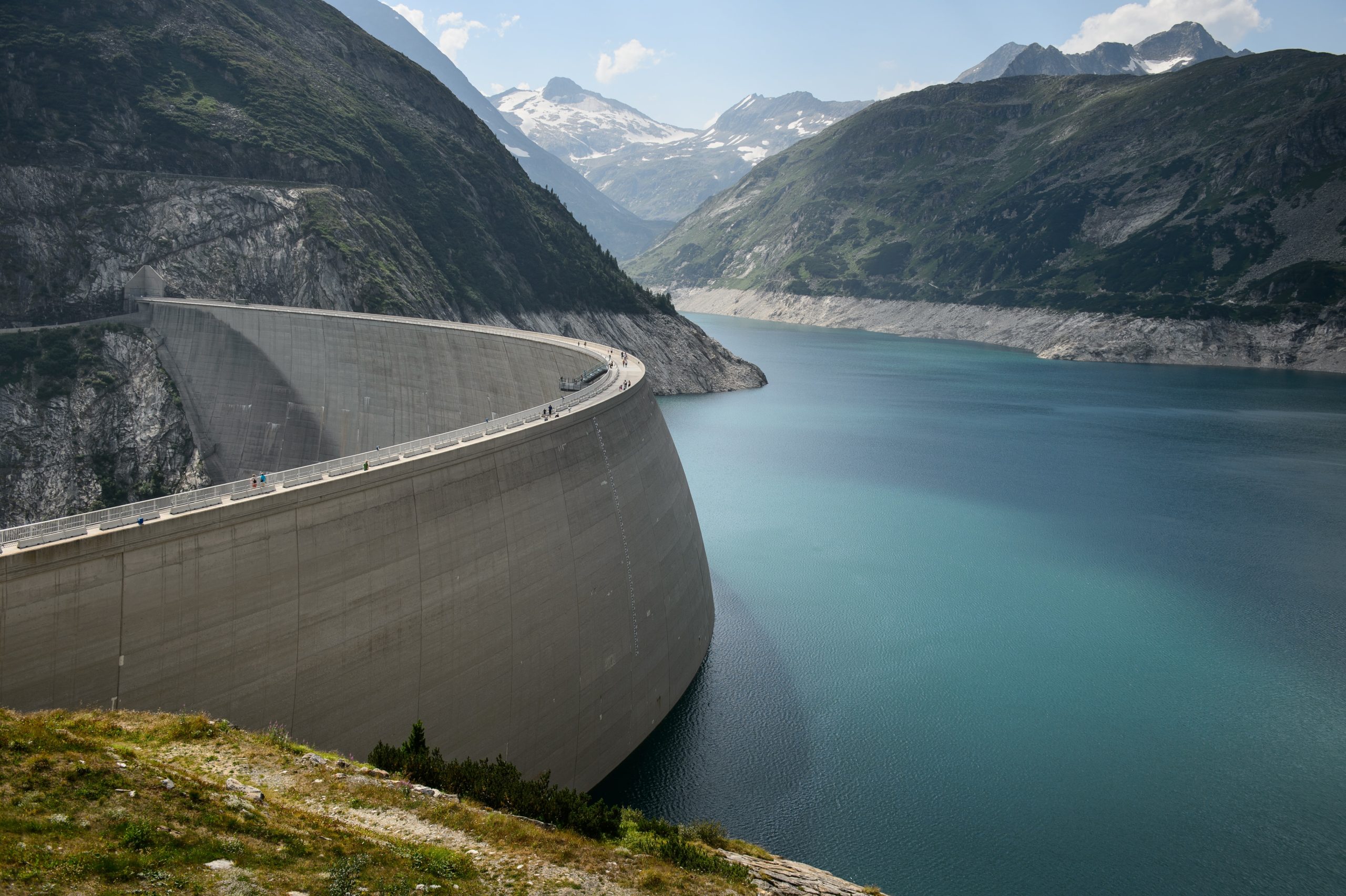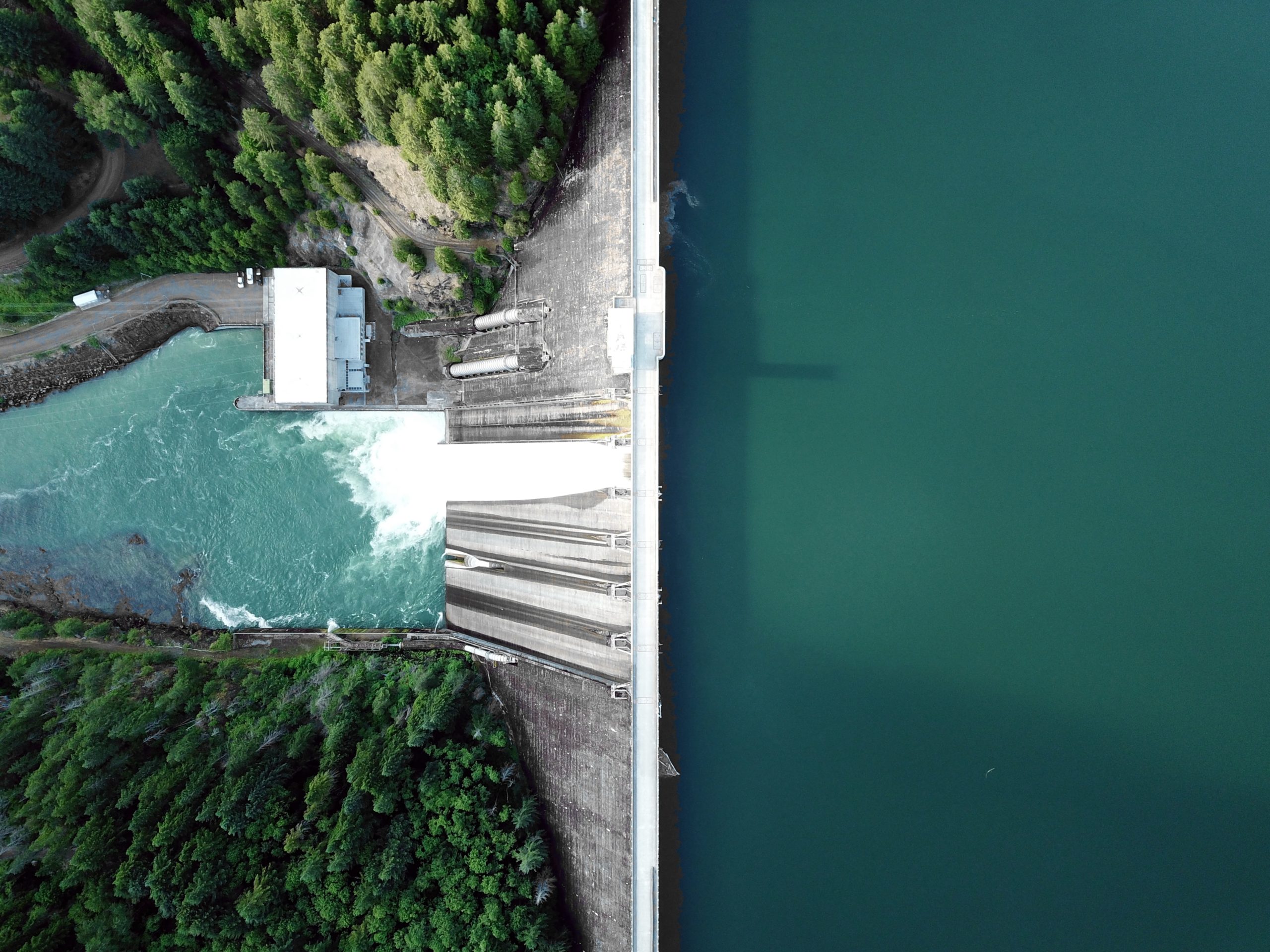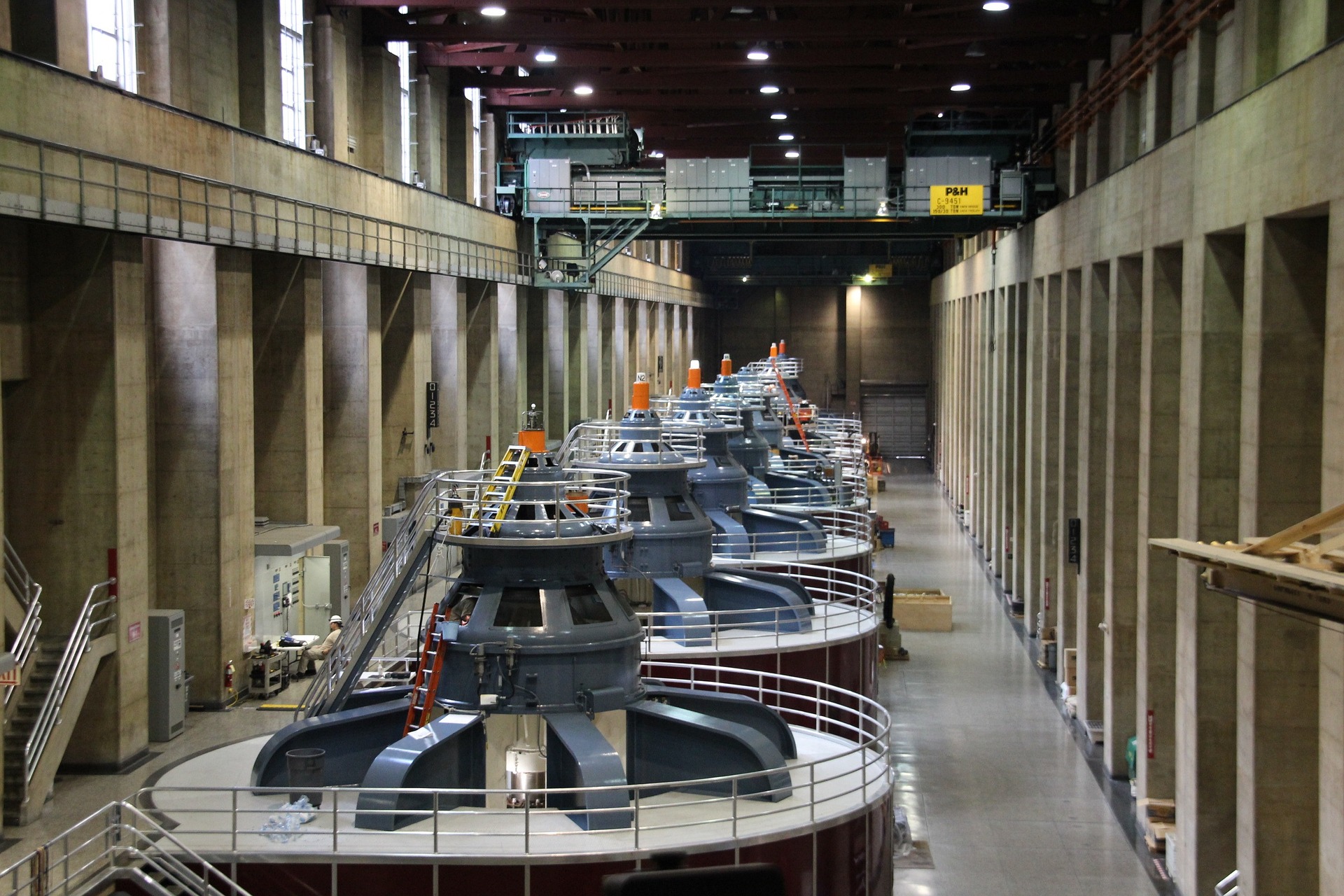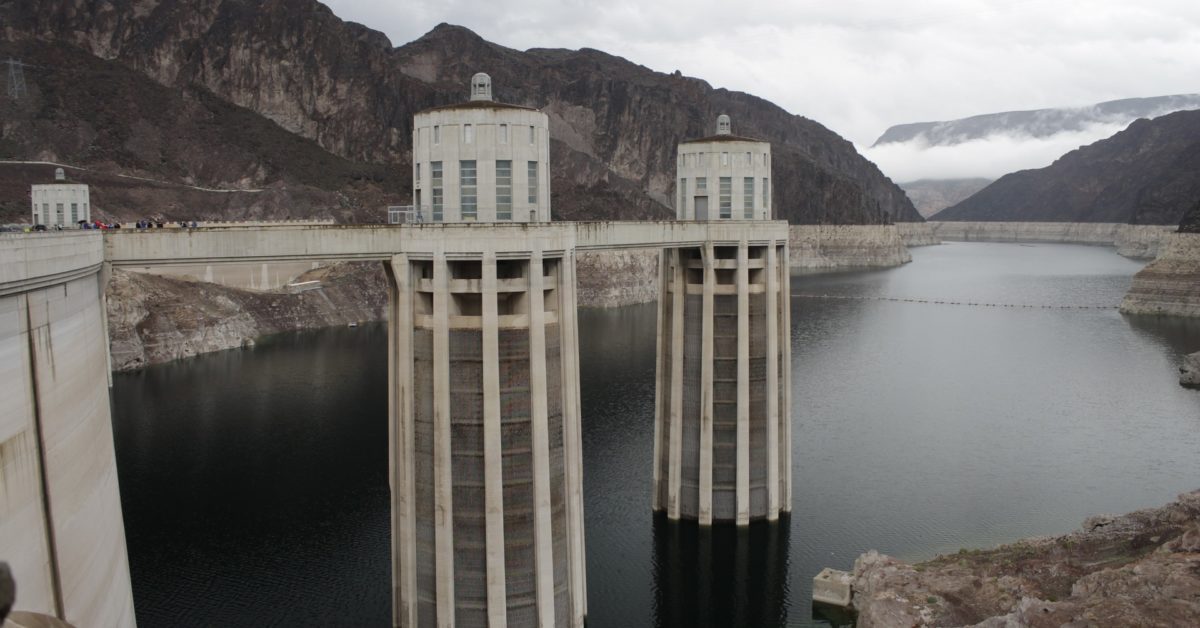There are very few public industries that do not rely on the work of civil engineers. From the maintenance of the roads you drive on to work every day to your local city’s waterways and even the construction of buildings across both the private and public sectors – civil engineers touch every aspect of our modern society.
The field of civil engineering is a broad one. With careers including (but not limited to) supervisory positions, education, construction, and design, working in the civil engineering industry is sure to give you both variety and intellectual challenge.
The goals of a civil engineer include planning, building, analyzing, and maintaining important everyday infrastructure to ensure that they are safe not only for the people using them but for the environment as well.
Civil engineers use their knowledge to constantly improve the environmental footprint of many industries with innovative ideas to enhance public waste removal, air pollution, water safety, and clean energy use. That’s where water resources engineering comes in.
One of the most diverse subspecialties within the field of civil engineering, water resources engineering involves projects that look at man-made and natural waterways. If you’re looking to learn more about this subfield, read on.
What Is Water Resources Engineering?

via Unsplash
Water resources engineering is a vital subset of civil engineering that focuses on planning, building, and designing systems to both build and maintain our water resources. While this includes a huge umbrella of topics, some of the largest aspects of water resources engineering stand out above others.
For instance, one main focus of water resources engineers is following the processes of the hydrologic cycle to maintain and build natural and man-made waterways, water treatment sites, hydroelectric power development, and more.
Water resources engineers are always focusing on how to create new techniques and equipment to make these large-scale projects more cost-affordable and increase the efficacy of water resource management systems and water treatment. They have to work as efficiently as possible in order to keep up with the planet’s ever-growing population.
Due to the ballooning human population on Earth, the need for clean water is increasing rapidly. One job of water resources engineers is to determine who needs clean water and ascertain the hydraulic mechanisms necessary to distribute it. Providing clean water that is safe for human consumption is essential to the longevity of our society.
Why Is Water Resources Engineering Important?
Water resources engineering is important because it deals with one of Earth’s main finite resources: water. H2O is essential for life to continue on our planet, but optimizing its movements, preserving it, and making it safe to drink is a task that often falls to civil engineers – specifically those in the water resources industry.
Our planet’s resources are finite and largely nonrenewable – including water. Less than 1% of Earth’s water is naturally safe and available for human consumption, but thanks to water resources engineers, we’re actually able to utilize a good portion of the other 99% for purposes such as irrigating our farms and hydrating the population.
In addition to that, water resource engineers can find other freshwater sources and preserve the ones we have through the search for underground wells. These specialists also help protect the environment in a large number of ways, including through waste management.
Some of their pursuits include protecting coastal areas from flooding, erosion, or tsunamis and determining when hydrological extremes may occur as well as exhibiting mitigation of wet or dry periods. Your grass wouldn’t be green and beach vacations would be nonexistent without the important work of water resource engineers and their many contributions to society.
What Are Five Types of Water Resources?
Five types of water resources are municipal, groundwater, surface water, rainwater, and seawater. Water resources engineers have to deal with all five of these types of water resources as they go about their day-to-day work.
Municipal
Municipal water, more commonly known as tap water, is water that is distributed in a lot of urban and suburban areas. It is regulated by the Environmental Protection Agency (EPA). In the United States, less than 1% of municipal water is used for human consumption, with most of its use going toward bathing, cleaning, and cooking.
Groundwater
Groundwater is water found in cracks and pores under the earth, and it makes up 39% of the water used for public supplies, and 40% of the water used for agriculture. Civil engineers who work with groundwater are generally focused on modeling and managing this subsurface water and even designing extraction systems for it so that humans can access it.
Surface Water
A broad term for any type of water found above ground, surface water includes lakes, rivers, wetlands, reservoirs, creeks, shallow wells, and more. While some would include the ocean in the category of surface water, for the purposes of engineering, it is usually categorized separately. That’s because surface water does not require as much desalination as seawater.
Rainwater
The name of this category pretty much explains it – rainwater and stormwater fall from the sky during precipitative weather events. One of many civil engineering projects related to rainwater is building rainwater harvesting systems. Unlike some other types of water resources, rainwater is typically low on pollutants, so harvesting it can be very fruitful.
Seawater
The salty water that makes up the planet’s oceans and seas is a resource that we have if we need it, but one that’s very difficult to use. That’s because the desalination process needed to make seawater safe for human consumption is expensive and requires a lot of energy compared to what’s needed to purify the other water resources on this list.

via Unsplash
How to Become a Water Resources Engineer
If you’re interested in becoming a water resources engineer, your journey will start with a Bachelor’s Degree in Civil Engineering or a related field. While you’re pursuing a four-year degree, it’s important to take classes on a variety of important subjects related to civil engineering as a whole as well as ones focused on the specifics of water resources.
These classes might include subjects like physics, math, environmental science, geography, and design. Once you’ve finished your degree, having any experience regarding construction—alongside the above subjects—is a great start to pursuing a career as a water resources engineer.
A large number of universities and engineering firms recognize the importance of hands-on experience in any career under the umbrella of civil engineering, so it is common for internship and apprenticeship opportunities to arise while you are still in school.
What Are the Education Requirements to Become a Water Resources Engineer?
The education requirements to become a water resources engineer include a minimum of a Bachelor’s Degree in Civil Engineering, although most in this field pursue a master’s degree as well. When you pursue a master’s degree, it helps to focus your knowledge on whichever branch of civil engineering you are most passionate and knowledgeable about.
In this case, you might pursue a graduate degree in the field of water resource engineering. That degree would be sure to help you better understand the field and be more likely to get a higher-paying entry-level job once you are finished with your schooling. There are many schools in the U.S. and abroad that offer strong civil engineering programs.
Where Does a Water Resources Engineer Work?
Water resources engineers usually find careers in areas near the coast and in states with larger populations, such as California, New York, and Florida, and in states in the Northeast along the coast of the Atlantic Ocean.
Despite this, because of how necessary water resources engineers are nationwide, there are occupations in virtually any state for a career in this field. In these locations, most water resources engineer positions can be found in all levels of government (local, state, and federal) or even working in private corporations.
For most water resources engineers, a majority of the day will be spent in an office space, planning or designing equipment for a specific water source, but occasionally time will be spent traveling to a site to oversee a new project or maintain an older one.
What Is a Water Resources Civil Engineer’s Salary?
The average water resource civil engineer’s salary is $73,171 a year as of January 2023. The salaries typically span a range between $63,747 and $82,603. It’s also important to note that your salary will increase depending on the level of your education, how many years you have spent in the field, the location of your career, the geographic location of the position, and the level of government or private corporation you are working for.
A water resources engineer will typically work 40 hours a week with occasional overtime. Whether you’re working for a government agency or taking a position in the private sector, you will most likely have the benefits of health insurance, retirement plans, national holidays off, and more.
What Is the Job Demand for Water Resources Engineers?
The U.S. Bureau of Labor Statistics (BLS) reports that demand for civil engineers in general is expected to grow by about 7% in the next several years, a value which is above the average growth rate of 4% to 5% for other occupations.
There is a large and steadily increasing demand specifically for water resources engineers in the United States today, especially after the EPA’s 6th Drinking Water Infrastructure Survey and Assessment realized that more than $470 billion would be needed to sustain the water safe for human consumption in the upcoming 20 years.
Most of the funding necessary—$312 billion, to be exact—is needed to replace or refurbish aging or deteriorating pipelines in public waterways. What does this mean? In the upcoming two decades, there will be a higher demand for water resources engineers than ever at all levels (municipal, state, and local) across the nation.
What Professional Organizations Do Water Resources Engineers Belong To?
One of the major professional organizations that water resources engineers are involved with is the American Academy of Water Resource Engineers (AAWRE), which was the first academy created within Civil Engineering Certification, Inc. (CEC). AAWRE started the Diplomate, Water Resources Engineer (D.WRE) certification program to adhere to many policies of the American Society of Civil Engineers (ASCE).
The ASCE is a major organization that individuals across all branches of civil engineering are a part of. It was originally established in 1852. The ASCE represents more than 150,000 members of the civil engineering profession in 177 countries, including the U.S. Its goals include encouraging lifelong learning of civil engineering as a whole, promoting professionalism in the occupation, and growing civil engineering with a large body of members through networking.

via Pixabay
Final Thoughts
Pursuing a career in water resources civil engineering is an excellent way to make a difference in the planet’s future while following your interests in engineering. The career path stands out as one that’s constantly growing as the population increases and it makes a variety of vital contributions. Those of us in this occupation are partially responsible for the safety of the population and the environment.
Whether or not you’re looking to pursue a career in civil engineering in general or water resources engineering, there are a number of opportunities and projects at Fenstermaker. With such a rapidly growing industry, there’s always a place for educated, hardworking civil engineers across the nation.





